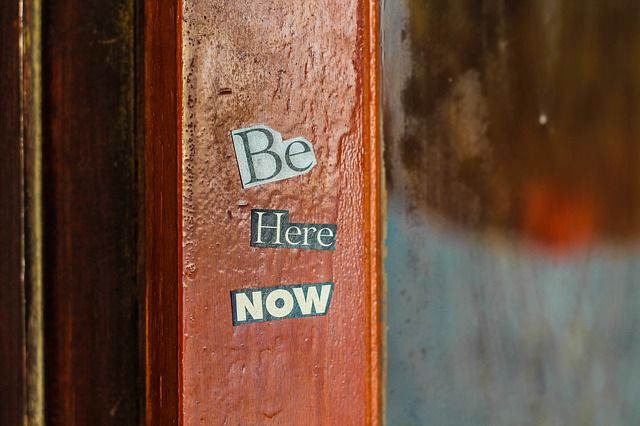“I believe that the practice of medicine depends on a deep understanding between clinicians and patients, and that human understanding starts with understanding oneself.”
~ Ronald Epstein, M.D., Attending: Medicine, Mindfulness, and Humanity
Occasionally, I enjoy walking through bookstores in the same way that I enjoy walking in botanical gardens. I slow down, sink into the moment, and wait for that next beautiful experience to tug on my attention. As I sauntered towards the exit, I passed by the New Releases table. Without warning, a book cover pulled at me, and I stopped. The simple word “Attending” captured my physician’s mind.
“In medicine, the senior physician responsible for a patient’s care is called the attending physician, or just ‘the attending.’ The attending’s responsibility is to direct the clinical team’s attention to the most important things, take charge, make the patient feel attended to, and provide attentive care. Attending means showing up, being present, listening, and accompanying patients when it matters most. Attending is also a moral imperative: by being attentive, doctors not only provide the best care, they also honor each patient’s humanity.”
~ Ronald Epstein, M.D., Attending: Medicine, Mindfulness, and Humanity

The changing climate of medical care has changed the relationship of doctors to society. Many people have written complex articles and presentations on these topics. In this book, Dr. Ronald Epstein writes the stories of his own training and the wisdom he has learned from his patients. His stories give us a personal experience of the complex nature of delivery of medical care, new medical technology, health insurance, electronic medical records, and the pressures of escalating costs. More physicians are burning out today under these pressures. Many are retiring early. The cost to society is high without enough new doctors to meet the demand.
How can doctors and the medical system survive the challenges of the modern world?
With his research on mindfulness over decades, Dr. Ronald Epstein tells the story of how the skills of mindfulness, of being present, can help.
Key Skills of Mindfulness
- Paying Attention … to both internal and external experience
- Critical Curiosity … opening to novelty and things being different and unique
- Beginner’s Mind … able to see a familiar situation from another angle as if it were new
- Presence
This book is not just for doctors, but for everyone.
Mindfulness can help us all take better care of ourselves and function with more impact, less stress, and better health in our lives.

